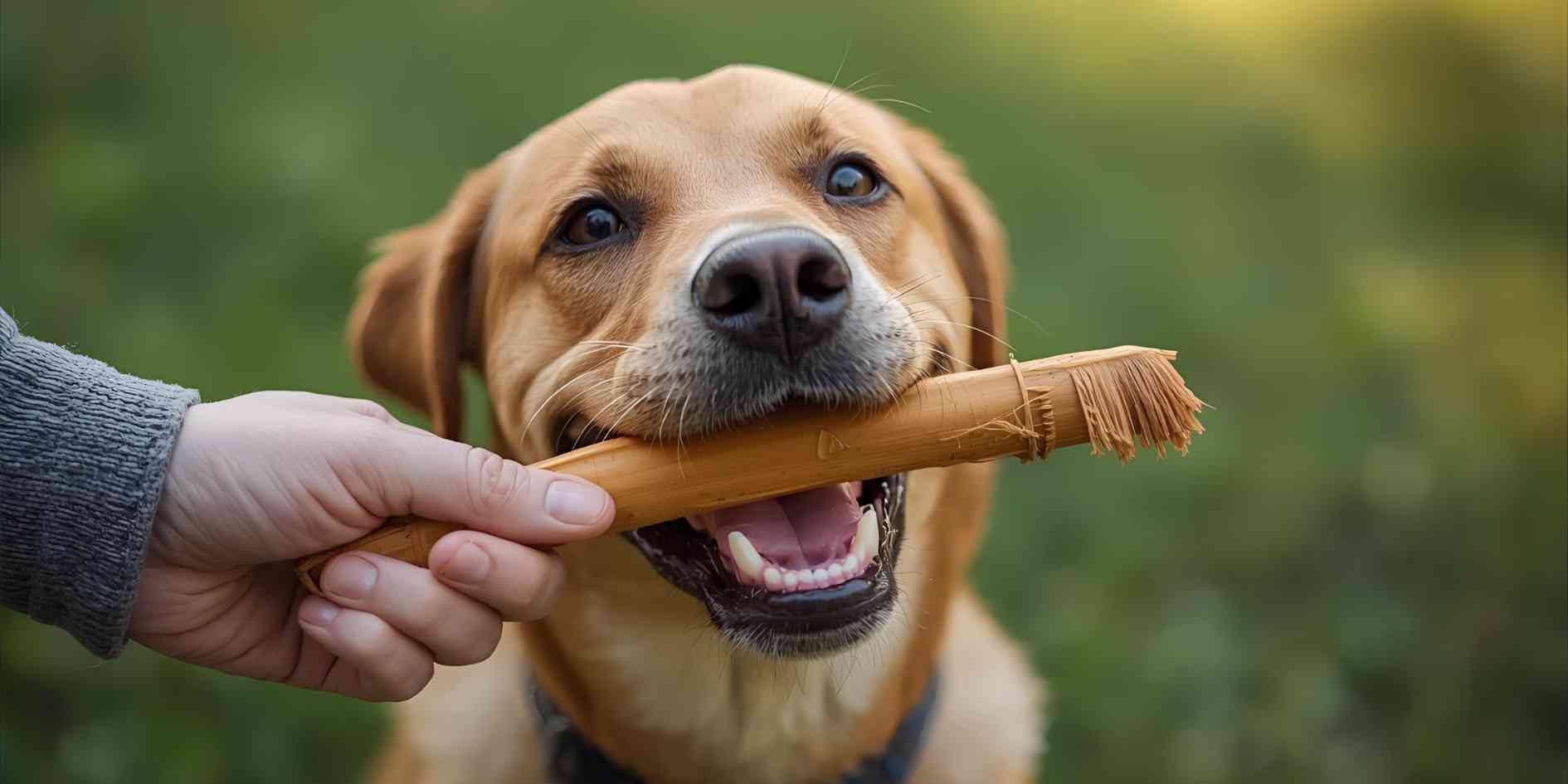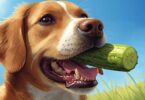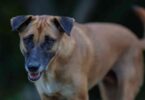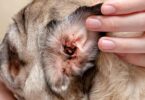Were you wondering, could yak chews be safe to give a dog? –you have seen those hard all-natural chews made of yak or cow milk–are those yak chews, then, safe to the dog?
The answer is in the affirmative: Yes, they can be safe and even healthy, provided that they are used properly and with the correct dog.
Let’s break it down in simple terms.
What Are Yak Chews?
How They’re Made
The yak chews are usually prepared using a small number of natural ingredients such as the milk of the yak (and sometimes the milk of the cows as well), the lime juice and the pinch of salt.
The milk is boiled, pressed and dried into a very tough hard chew. They are also natural and free of preservatives and artificial flavors therefore they attract pet owners who desire natural and simple pet treats.
Why They’re Popular
Dog owners love yak chews because they:
- Last a long time, keeping dogs busy for hours
- Are rich in protein and low in fat as compared to most of the treats
- Are made of very few ingredients, which is excellent to include food-sensitive dogs
- Can assist in scraping off plaque and tartar on teeth during chewing of dogs.
These advantages put yak chews almost too good–but there are, as we will observe, some important precautions to become acquainted with, before indulging in them.
The Benefits of Yak Chews
Nutritional Benefits
Yak chews are nutritious since they are made of milk:
Protein: Aids in the maintenance of muscle and makes dogs strong and active.
Calcium: Stimulates healthy teeth and bones.
Low Fat: These also tend to be fat and calorie-free, unlike other high fat chews.
Mental Stimulation
Dogs chew, it is natural and it is calming to them. Yak chews can:
- Entertain dogs, make them less bored and destructive.
- Assist the nervous dogs to settle down by chewing repeatedly.
- Give moderate chewers a good challenge and one which is durable.
May Support Dental Health
The firm texture is capable of eliminating part of the surface plaque and tartar as the dogs gnash their teeth. Yak chews can also help maintain good oral health provided one brushes regularly without replacing it.
Good for Sensitive Dogs
Yak chews are simple to make, and hence, it is possible to rely on them in case the dog cannot digest complicated or highly processed foods.
The Risks: When Yak Chews Can Be Dangerous
Yak chews are not bad–although one must use them sparingly. They may also lead into trouble when they are too tough that your dog cannot get its teeth into it or when your dog is too aggressive in chewing.
The key risks to observe here include:
Dental Damage
Yak chews are extremely hard. In case your dog bites too hard, he/she can break or chip a tooth.
This is especially risky for:
- Puppies whose teeth are growing.
- Weaker-toothed old dogs.
- Dogs with existing dental disease or tooth fracture.
There have been reports of even strong adult dogs breaking a molar on chews of yak, and therefore, one must always check the manner in which his dog chews.
Intestinal Blockage or Choking
When your dog is chewing, it can break off in little pieces. When your dog swallows a bit that is bigger than the one, it will stick in his throat or digestive system.
You should always keep on taking out the chew when it gets to be small enough to be completely in the mouth of your dog.
Digestive Upset
Yak chews are made of dairy. Even though most of the lactose is eliminated in the manufacturing process.
There are still other dogs that are sensitive to dairy, and would experience:
- Gas
- Diarrhea
- Vomiting.
In case your dog has a food history of food sensitivities or is unable to consume milk products, yak chews might not be the best option.
Not Suitable for Every Dog
Yak chews are not universal; they may not be applicable to:
Puppies: They have not yet developed their teeth.
Older dogs: Hard chews can break weaker teeth.
Aggressive chewers: These dogs have the ability to tear off chews which are unsafe.
Dogs and dental disease: Existing unhealthy teeth may become even worse.
Dog’s intolerant to dairy: Even a small dosage of lactose can cause problems.
Too Hard Isn’t Always Better
Most veterinarians have advised that when you are unable to push your fingernail in a chew, then it might be hard enough to cause some damage to the teeth of your dog. Yak chews belong to that type, they are tough, but toughness is dangerous.
How to Use Yak Chews Safely

If you decide to let your dog, try yak chews, these simple rules can help keep things safe:
Choose the Right Size
Choose a chew depending on the size and strength of chewing of your dog.
- Small dogs: Select smaller, narrower chews.
- Medium or large size dogs: Use thick and heavy pieces.
The chew must never fit in the mouth of your dog fully.
Supervise Every Chewing Session
Always leave your dog with a yak chew and go.
Always watch your dog closely in order to intervene in case they:
- Bite off large chunks
- Try to swallow the chew whole
- Start bleeding from the gums
- Appear to chew too viciously.
The most prominent method of accident prevention is supervision.
Limit Chew Time
Yak chews are known to keep the dogs occupied most hours but any long session may make them tired or strain their teeth.
Reduce chewing to a maximum of 15-30 minutes at any given time and particularly initially.
Soften the Chew of the Sensitive Dog
To make the yak chew only a little less painful to your dog, you can simply soak it in a little warm water, or even run it through the microwave (assuming it has packaging instructions that allow it to be soaked or run through the microwave, which will not likely hurt it). This causes the chew to be less stiff and easy to chew.
Remove the End Pieces
- When the chew is so small that it can be swallowed as a whole, remove it.
- Other proprietors microwave the remaining bit of the end to make it puffy, a snack to chew on–safer to swallow.
Watch for Warning Signs
Discontinue the use of yak chews in case you notice:
- Splintered teeth or bleeding gums.
- Vomiting or diarrhea.
- Problem with chewing or avoiding to eat.
- Too much drooling or biting the mouth.
Which Dogs Are Good Candidates (and Which Are Not)
Good Candidates
- Healthy adult dogs with their teeth.
- Dogs which chew softly and always, not violently.
- Dogs that enjoy long-lasting chews that keep them not bored.
- Dogs that are neither allergic nor have digestive problems.
Dogs to Avoid Giving Yak Chews To
- Puppies below the age of 6 months (tooths are yet to develop)
- Older dogs (weaker teeth and gums)
- Violent chewers that are likely to grind bones or toys.
- Dogs that have dental illness or have their teeth fractured in the past.
- Dogs with lactose intolerance
Safer Alternatives to Yak Chews
If you’re unsure whether yak chews are right for your dog, consider these alternatives:
Dental Chews
Dental chews approved by VOHC are chews that clean the teeth and are less strong than the yak chews hence the chances of damaging teeth are low.
Rubber or Nylon Toys
The chewing instinct can be safely satisfied by durable rubber or nylon toys (such as KONGs or Nyla bones). These are non-edible and durable.
Bully Sticks
Bully sticks are also digestible and edible and they are less hard compared to the yak chews hence, being safer to most dogs.
Tendon Strips or Chews of Collagen
They are easier to digest and less prone to causing dental fractures as well as they offer chew satisfaction.
Frozen Treats or Carrots
Safe, fun substitutes are frozen carrot sticks or frozen peanut-butter-filled KONGs, which are safe with light chewers or dogs having sensitive teeth.
Final Thoughts: Are Yak Chews Safe for Dogs?
The answer is yes; they can be–when they are used in a proper way.
There are numerous benefits to yak chews:
- High protein and calcium
- Long-lasting enjoyment
- All-natural ingredients
- Potential dental benefits.
However, they also have real risks:
- Broken teeth from hardness
- Big lumps of choking or blockages.
- Dairy sensitive dogs have digestive problems.
So, are yak chews safe? Yes–with the right dog, with care, and intelligent application.










Leave a Comment